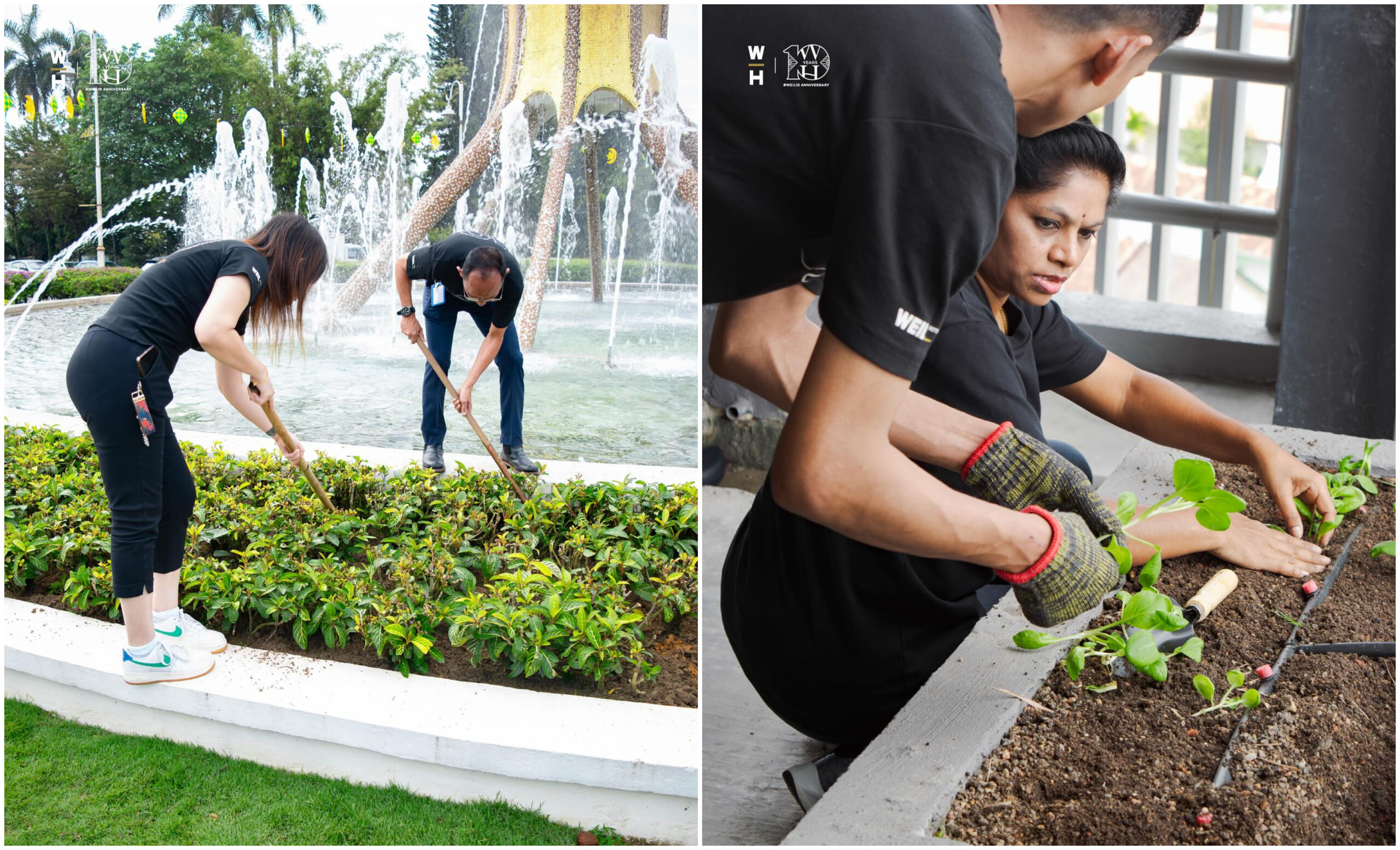THE city of Ipoh is taking bold steps forward with a vision to become a SMART City by 2030. This initiative aligns with the Perak Sejahtera 2030 agenda, aimed at improving the quality of life for its people through sustainable economic development, innovative technology, and environmental sustainability.
A smart city leverages digital technology and innovation to enhance urban services, optimise resources, and improve residents’ quality of life.
Key components of a smart city include:
- Smart infrastructure like integrated public transportation.
- Renewable energy usage to reduce carbon footprints.
- Smart waste management systems that are automated and environmentally friendly.
- Digital economic development, including e-commerce and technology businesses.
Reflecting on the key components, it is obvious there is much emphasis on the environment and technology which is vital to reduce carbon footprint in the city.
What is clearly missing here is the importance of integrating urban farming which is a critical component in sustainable development.
The link between the food waste management technology and urban farming should be a critical component of a smart city. It directly contributes to environmental sustainability, social equity, and economic resilience within the urban environment.
This could be done by promoting an advanced food waste management technology and linking it to urban areas farming that fosters community engagement which is a critical social dimension.
In fact, urban farming supports a more sustainable and resilient future for its community. In this context it is vital for the corporate sector to play a complementary role in creating an environmental footprint for a smart city.
For example Weil Hotel Ipoh has made progress in building an eco-system of sustainability by using advanced compost technology by ensuring its food waste does not end up in landfill.
Its food waste is composted to an organic nutrient soil enhancer that could be used for urban farming.
On April 22 this year Weil Hotel instilled eco-consciousness in Ipoh by teaming up with the MBI landscape department, to enhance the Sultan Yussof roundabout using its compose organic nutrient soil enhancer to enhance the soil there.
It complemented this effort in the afternoon by encouraging 36 of its dedicated employees from various departments to adopt planter boxes by planting herbs and vegetables in designated areas of the hotel using a nutrient soil enhancer derived from its food waste technology.
Therefore, let’s enhance the smart city concept by integrating urban farming with advanced food waste technology that would help provide the environmental value the city needs. – May 14, 2025
Ronald Benjamin is the secretary for the Association for Welfare, Community and Dialogue.
The views expressed are solely of the author and do not necessarily reflect those of Focus Malaysia.









